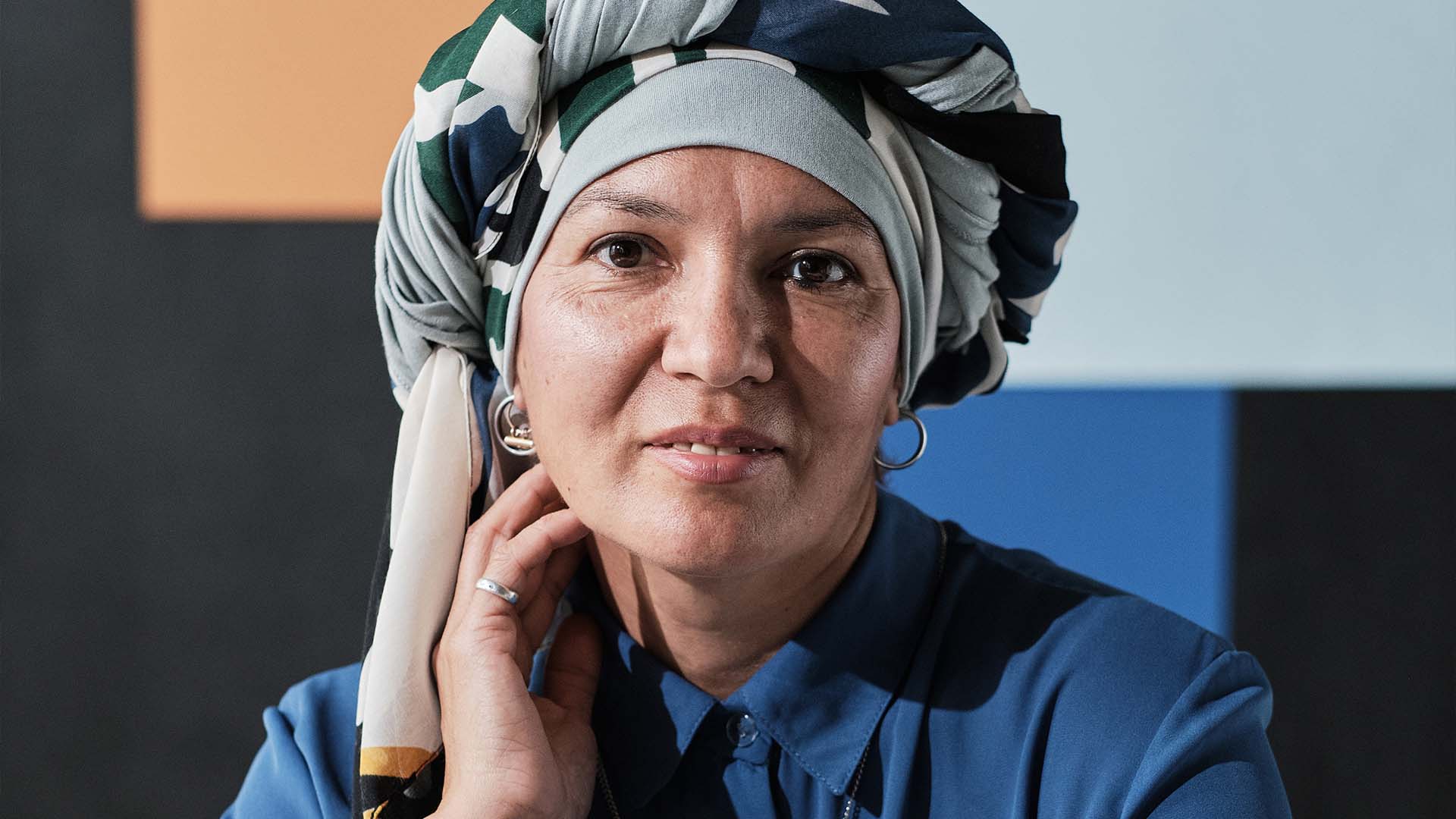The link between diabetes & early menopause

Menopause is a natural biological process that marks the end of a woman's reproductive years. Recent research indicates that women with diabetes may experience this transition earlier than their non-diabetic counterparts. There is an intriguing connection between diabetes and early menopause that goes both ways. Shona Wilkinson discusses and considers the role of hormones and diet during menopause in managing these conditions.
The link between diabetes and early menopause
Studies reveal that women with diabetes are more likely to enter menopause at an earlier age. This finding raises questions about the potential bidirectional relationship between diabetes and menopause.
What's your diet missing? Create your free Diet Profile.
Does menopause influence diabetes risk?
Research suggests that the hormonal changes that occur during menopause can have an impact on a woman's risk of developing diabetes. The drop in oestrogen levels during menopause may affect how cells respond to insulin, leading to insulin resistance. This hormonal shift can increase the risk of type 2 diabetes, especially in women who are already predisposed to the condition due to genetics or lifestyle factors.
Oestrogen and progesterone's role in insulin response
Oestrogen and progesterone, two key hormones in a woman's reproductive cycle, can influence how cells respond to insulin. Oestrogen tends to have a positive effect, improving insulin sensitivity and promoting glucose uptake by the body's cells. On the other hand, progesterone's effects on insulin are more complex, potentially causing fluctuations in blood sugar levels. Visit our Menopause Hub for expert guidance on helping you thrive through all stages of menopause.
Types of diabetes linked to early menopause
While the exact type of diabetes associated with early menopause is not specified in available research studies, it is important to note that the risk of early menopause appears to be more pronounced in women with type 2 diabetes. This form of diabetes is often linked to lifestyle factors including obesity and physical inactivity, both of which can affect the timing of menopause.
The role of diet in managing diabetes and menopause
Diet plays a crucial role in managing both diabetes and the symptoms of menopause. A balanced diet rich in whole grains, fruits, vegetables, lean or plant proteins and healthy fats can help stabilise blood sugar levels and manage weight, reducing the risk of type 2 diabetes. Diet also plays a vital role in helping with signs of menopause - learn more in 'Nutrition for the menopause'.
Additionally, certain foods, including those high in phytoestrogens (for example, soy products), may help alleviate some menopausal symptoms by mimicking oestrogen's effects in the body.
If you're unsure if your diet is supporting you, or if it contains the vital nutrients your body needs, we recommend completing your the free Diet Profile (it only takes 3 minutes) which shows you the nutrients your body needs and what you're diet provides.
Preventing diabetes during menopause
To reduce the risk of developing diabetes during menopause, it's vital to focus on maintaining a healthy diet and lifestyle. Regular physical activity, a balanced diet and maintaining a healthy weight are key factors in diabetes prevention. Consulting a healthcare provider for regular check-ups and diabetes screenings is also important, especially for those with a family history of diabetes.
Managing blood sugar during menopause
Women experiencing menopause should be even more vigilant in monitoring their blood sugar levels regularly. If insulin resistance becomes a concern, intervention may be necessary. Here are some important natural ingredients and supplements that can help you manage and regulate your body's blood sugar during menopause:
- Chromium: Chromium is needed by the body to process blood sugar effectively, and a deficiency in chromium may lead to raised blood sugar levels.
- Cinnamon: Cinnamon is well known for its ability to help control blood sugar levels. Adding cinnamon to foods and drinking cinnamon tea could help support blood sugar management when used alongside dietary changes. You may be interested in trying our 'Apple Rose Tarts (Ve)' recipe with cinnamon.
- Complex carbohydrates and protein: Consuming a mix of complex carbohydrates and protein with every meal and snack helps to steady blood sugar levels and avoid peaks and dips. This helps you maintain steady blood sugar levels throughout the day. Discover the 'Best protein sources on a plant-based diet'.
- Cut the sugar and alcohol: Eliminate all sugar and refined foods from your diet if you want to reduce your risk of diabetes and early menopause. Instead, enjoy whole grains and fresh fruit (no more than 2 portions of fruit per day though). Also make sure you avoid meal replacement shakes and powder supplements - not only are they ultra-processed foods, in the vast majority of cases they contain plant-sweeteners or artificial sweeteners, both of which are harmful to long term health.
- Exercise: Regular exercise aids in the management of blood sugar and reduces the risk of insulin resistance (pre-diabetes). It's best to partake in a variety of exercises, both endurance exercise and strength and resistance training. Try different types of exercises to find something you enjoy and can commit to long-term.
- Intermittent fasting: There are a few ways to do intermittent fasting, but most of them have been shown to reduce insulin resistance and improve blood sugar control.
The link between diabetes and early menopause is a complex and intriguing one. Hormones like oestrogen and progesterone play significant roles in this relationship, affecting insulin sensitivity and glucose metabolism.
To reduce the risk of diabetes during menopause, it's essential for women to prioritise a healthy lifestyle, including a well-balanced diet and regular exercise.
*This article may include data based on a UK survey of the public and customer conducted by DR.VEGAN®, nationally representative. All survey findings reflect our own efforts and have not been independently verified or influenced by any external organisations or third-party entities.
Want to hear more from our nutritionists? Sign up to our email newsletter for insights and exclusive offers:

















